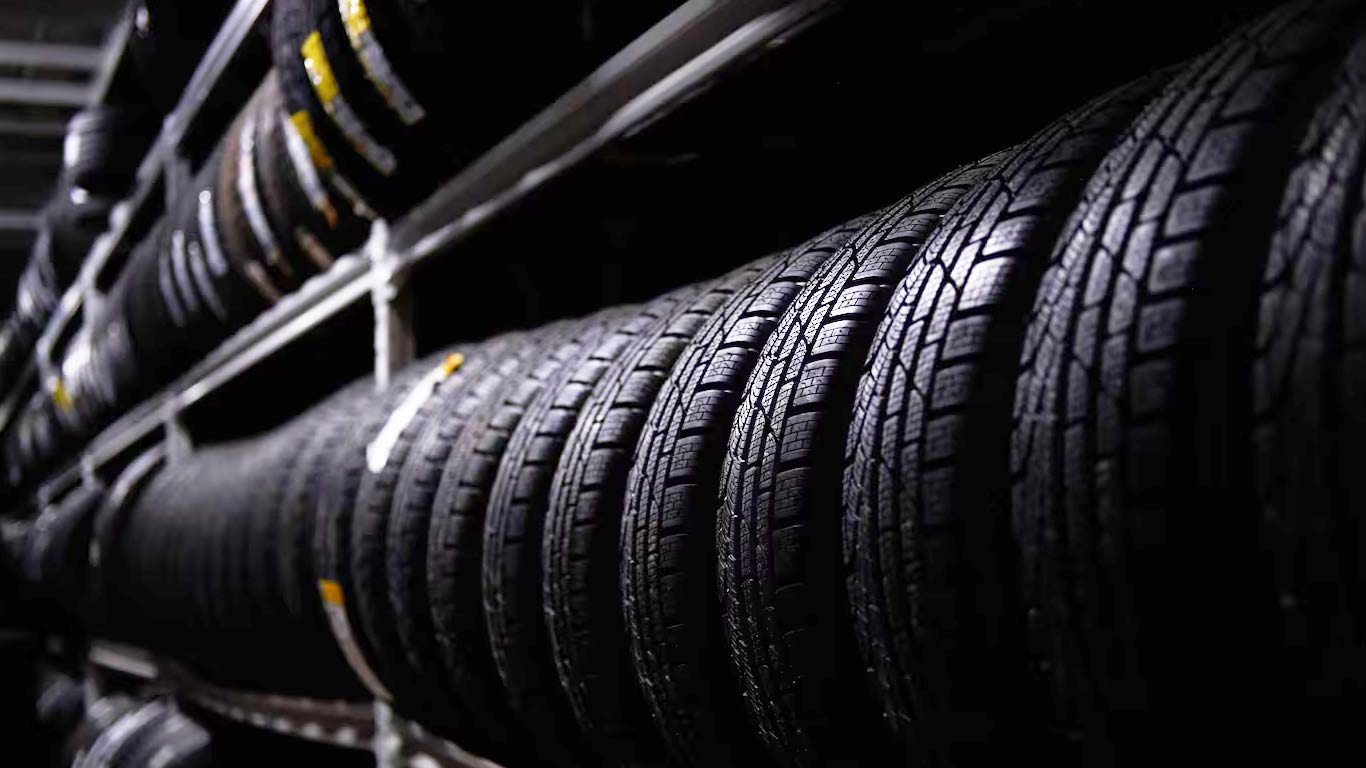By Business Standard
New Delhi, July 3 (KNN) India’s tyre exports rose 9 percent year-on-year to Rs 25,051 crore in FY2024-25, despite persistent global trade policy uncertainties and supply chain disruptions, according to the Automotive Tyre Manufacturers Association (ATMA).
Citing data from the Ministry of Commerce, ATMA noted that the tyre industry, with an estimated annual turnover of Rs 1 lakh crore, stands out for its high export-to-turnover ratio.
Exports exceeded Rs 25,000 crore in FY25, positioning the sector as one of the leading export performers in Indian manufacturing.
“The tyre industry has exhibited remarkable resilience and growth post the COVID-19 downturn,” said ATMA Chairman Arun Mammen. “Over the past 3–4 years, manufacturers have invested around Rs 27,000 crore in greenfield and brownfield projects, reflecting strong confidence in India’s economic outlook,” he added, as reported by Business Standard.
Indian tyres are exported to over 170 countries, with the United States accounting for 17 percent of total export value, followed by Germany (6 percent), Brazil (5 percent), the UAE (4 percent), and France (4 percent).
Farm and off-the-road (OTR) tyres comprise nearly 60 percent of the total export value, highlighting their dominance in the product mix.
While the sector sees further export potential through competitive pricing, quality assurance, branding, and alignment with global standards, ATMA flagged a critical constraint: the shortage of domestically available natural rubber (NR), a key raw material.
Currently, nearly 40 percent of the industry’s NR requirement is met through imports, as domestic availability remains limited.
Most domestically produced NR is consumed within the country, leaving little for export or expansion.
Unlike global trends, where synthetic rubber accounts for 60 percent of consumption, Indian tyre production relies heavily on NR, which constitutes 60 percent of the industry’s rubber usage.
Mammen warned that domestic NR production must be rapidly scaled up to meet rising demand, which is projected to reach 20 lakh tonnes by 2030.
To address this, the industry has launched Project INROAD in partnership with the Rubber Board of India and under the guidance of the Ministry of Commerce & Industry.
The initiative, backed by Rs 1,100 crore in funding from four leading ATMA member companies, aims to bring 2 lakh hectares under rubber plantation and strengthen infrastructure and skill development in rubber-growing regions.
Despite these efforts, ATMA stressed that more aggressive interventions will be necessary to close the supply gap and ensure the long-term competitiveness of India’s tyre exports.
